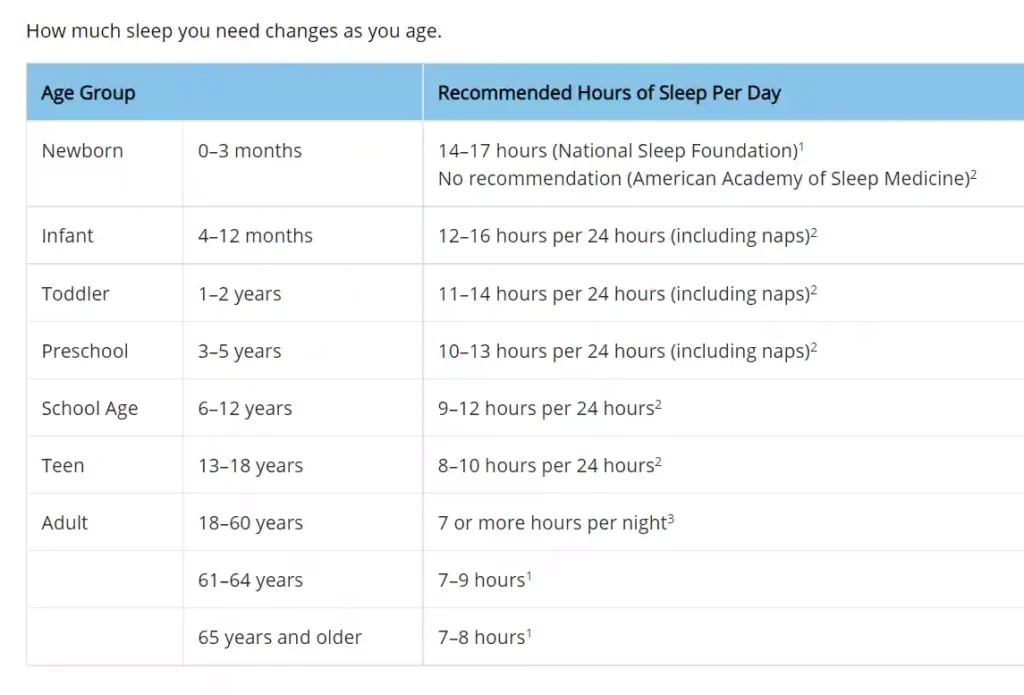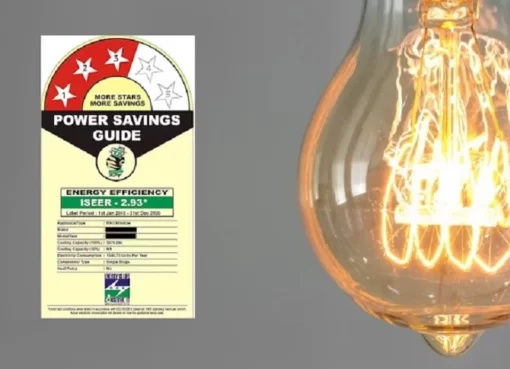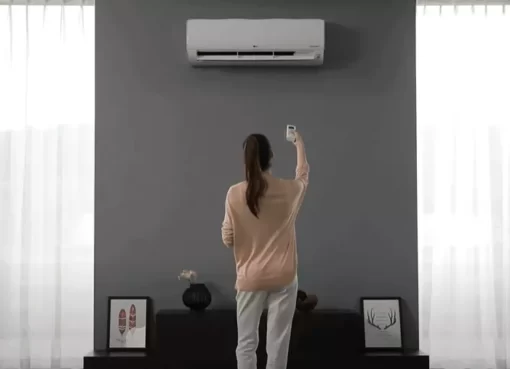Sleep and Meditation
Sleep is a necessary function that helps your body and mind to rejuvenate, allowing you to wake up feeling refreshed and alert. Healthy sleep also aids in the body’s wellness and disease prevention. The brain cannot function properly if it does not get adequate sleep.
These days people are resorting to meditation to get their full quota of vital night sleep. This method is backed up strongly by medical research.
Back to Basics
For a healthy sleeper, falling asleep takes around 15-20 minutes. When one is weary, the distinction between falling asleep and sleeping might be difficult. Nonetheless, be patient; sleep will come, and the more stressed you are over not sleeping, the less likely you are to fall asleep.
The frequent awakenings and wakefulness during the night indicate a lack of quality sleep. Those awakenings interfere with your capacity to reach deeper phases of sleep, such as slow-wave sleep (also known as delta sleep) or rapid eye movement (REM) sleep, which is necessary for optimal performance and alertness.
Delta stage vs REM stage
During the REM stage of sleep, we dream a lot and the information and experiences are consolidated and stored in memory. In addition to affecting cognitive performance, a recent study discovered that sleeping less in REM sleep is connected to a higher overall risk of mortality from any cause in humans.
The Delta Stage of Sleep, also known as “slow-wave sleep” or “deep sleep”, is a critical stage of the circadian rhythms during which many key biochemical changes take place to support vital activities and processes in our body.
Lack of Continuous Sleep
A very common sleeping disorder among Americans is “apnea”, in which a person snores, chokes, gasps, or stops breathing frequently during the night, which is one of the most prevalent causes of sleep disruption. Obesity, which is connected with the soft tissue of the mouth and throat, is the most common cause of obstructive sleep apnea in adults. This soft tissue can cause the airway to become obstructed during sleep when the throat and tongue muscles are more relaxed.
How to Sleep Faster
It’s not as healthy as it may appear to fall asleep as soon as you go into bed. It might be owing to a lack of sleep over the previous days. In high insight, you shouldn’t be concerned if you’ve been tossing and turning for half an hour waiting for the Sleep Gods to hug you either.
Instead, get out of bed and walk into another quiet, dimly lit room to try to relax into slumber. The same is true if you wake up in the middle of the night and can’t get back to sleep.
Some individuals feel that lying in bed with their eyes closed but not sleeping is just as soothing to their bodies. “If we stay in bed too long, we’ll begin to connect bedtime with insomnia.”
Keeping Bedroom to Its Purpose
You can train your brain to fall asleep as your head touches the pillow by preventing it from perceiving the bedroom as anything other than a place to sleep. Your brain will be far more likely to pass off quickly if it knows exactly what to expect when you enter the bedroom.
That means you shouldn’t work or watch TV in bed, and you shouldn’t use your cellphone unless it’s necessary, because the blue lights from electronic gadgets signal your brain to wake up rather than sleep.
Preparing Yourself For Sleep
Brush your teeth or gargle with mouthwash, then take a nice shower before reading a book or listening to calming music to help you relax. Those who find it difficult to sleep can attempt some sort of meditation, but nothing that will make you feel stimulated. You’re training your brain to slow down in preparation for a restful night’s sleep.
The CDC recommends that you wake up at the same time every day following a good night’s sleep, including on weekends or days off. It helps in the promotion of normal circadian rhythms, often known as your body clock.
Feeling Fidgety (Time for Meditation)
It’s difficult to quit worrying about what you didn’t accomplish or what you need to do next in today’s hectic world of stress and anxiety. One evidence-based method to increase your ability to have a good night’s sleep is to practice meditation.
Sit or lie down, whichever seems most comfortable. When it’s time to go to bed, it’s best to lie down. Close your eyes and take calm, deep breaths. Deeply inhale and exhale. Keep your attention on your breathing.
Take note that there must be a quiet and relaxing atmosphere with your body in a comfortable posture to perform this kind of mindful yet simple meditation exercise for better sleep.
These techniques are extremely effective and should be able to give you a night of good sleep. If you have extra bucks in your pocket, maybe you can try out buying the following accessories for even better and soothing sleep.
Pillow
You want to feel comfy when your head hits the pillow at the end of a hard day. All you need is the ideal soft cushion that gives just the right support whether you sleep on your side, back, or stomach.
Sleep Mask and earplug
Choose a sleep mask with a contoured shape to block out light without putting undue strain on your eyes. This perfect nighttime eyewear should provide you with enough space to open and close your eyes comfortably. When combined with earplugs, it’s the ideal option for getting the necessary sleep while traveling.
Dark curtains
If the sun wakes you up earlier than your alarm clock, blackout curtains could be a good option. The extra-thick fabric filters the majority of the sun’s rays, keeping your room dark and comfortable and giving you all the time in the world to sleep peacefully.
Mattress Topper
If your bed is unpleasant, you won’t be able to get a decent night’s sleep. Replacing your mattress may not be feasible. You may improve your current setup by adding a soft gel-infused mattress topper. It adapts to your body’s contours to relieve pressure spots while also controlling your body temperature by dispersing heat so you don’t wake up sweaty.
Heavy Blanket
According to some specialists, heavy yet soft blankets may give calming comfort to people suffering from anxiety, sleeplessness, and other sleep-related issues. The therapeutic effects of these blankets are due to the mild pressure applied to the entire body, which causes a release of serotonin, which adds to an overall sense of peace and wellness, allowing you to sleep comfortably through the night.
Air Purifier
Coughing and sneezing caused by dust, pollen, pet hair, and other home allergens might keep you awake at night. Keep a compact air filter in your room to fight these hidden contaminants.
Tabletop Fan
Few things are more detrimental to a restful night’s sleep than a hot bedroom. Insomniacs don’t need to study the research to realize that a cold room is a far better place to sleep. If you don’t have central AC or don’t want to turn it on, placing a fan beside your bed can give you the temperature control you need for a restful night’s sleep.
Aroma diffuser
Certain fragrances, such as lavender, have been shown to have a soothing impact that can improve your sleep. Using an aromatherapy diffuser to bring the perfume into your bedroom provides a continuous source of the scent and is a safer alternative to scented candles. A diffuser not only spreads pleasant fragrances but also moistens dry air, making it easier to breathe.
Conclusion
While the length of sleep you get each night is critical, other components of your sleep have a role in your health and well-being. A good night’s sleep is also necessary. Not feeling refreshed even after receiving enough sleep, waking up frequently during the night, and suffering symptoms of sleep disorders are all signs of poor sleep quality (such as snoring or gasping for air). Improving sleep quality may be enhanced by improved sleep habits or being diagnosed and treated for any sleep disorders. But before going to your GP, I recommend you start practicing meditation just before you hit the bed for a night’s sleep. It could be as simple as taking deep breaths for 5 minutes only.
Citation
https://www.sleepfoundation.org/how-sleep-works/why-do-we-need-sleep
https://www.workplacetesting.com/definition/2888/delta-sleep
https://www.cdc.gov/sleep/features/getting-enough-sleep.html
Featured pic: House photo created by gpointstudio – www.freepik.com






Your point of view caught my eye and was very interesting. Thanks. I have a question for you. https://www.binance.info/zh-TC/join?ref=OMM3XK51
I don’t think the title of your article matches the content lol. Just kidding, mainly because I had some doubts after reading the article.
Your article helped me a lot, is there any more related content? Thanks!